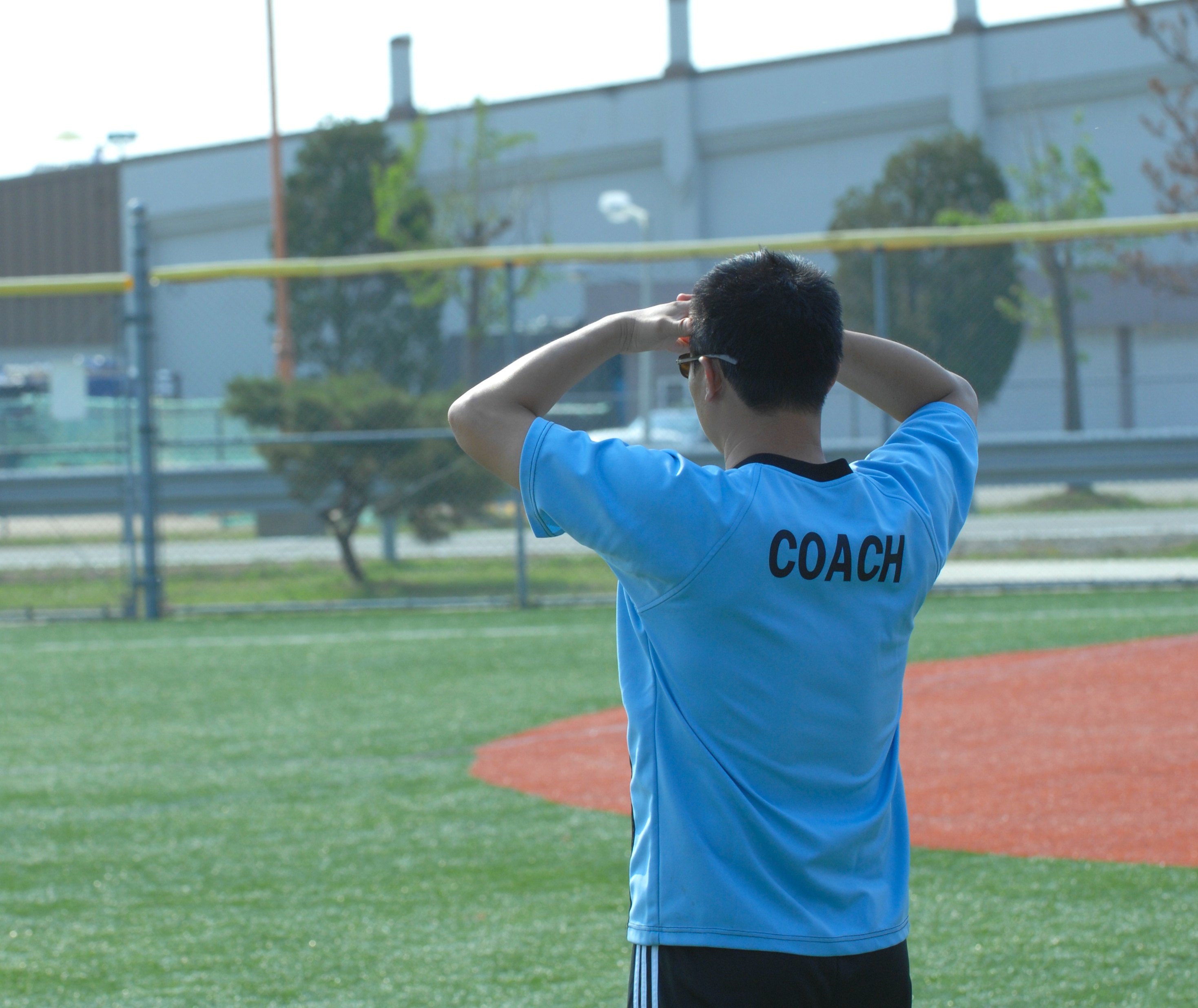I coach girls’ soccer and have for about 20 years. I’ve always had a good understanding of the game, and over the years I’ve learned how to teach it adequately.
The girls I’ve been coaching for the past five or six years are 11, 12 and 13 years old, and those may be my favorite ages. They want to learn and they will try to do whatever you ask of them. That’s the rewarding part. The fun part is that, contrary to popular teachings at coaching schools, sarcasm and less-than-truthful statements work.My players, for example, came really close to believing that quite a few of Taylor Swift’s songs were written about me, but it didn’t take them too long to know that yellow cards don’t really go on their permanent record and will keep them out of college, or that cutting corners is the first step on a slippery slope to juvenile detention centers. And they have learned that when I offer the ref four bucks if he gives us a penalty kick, I’m not serious … although I haven’t had a ref take me up on it yet. So when I am on the sideline near any coach, I listen closely to the things he or she says. Here are a few of the more common things they say that drive me nuts.
So when I am on the sideline near any coach, I listen closely to the things he or she says. Here are a few of the more common things they say that drive me nuts.
“I need you to …”
I hear this quite a bit, which leads me to believe the words are chosen as part of a coaching style. Who really cares what you need as a coach? When I hear this from the sideline, I know who the game is really about, and players will, too. They are much smarter than any of us think. I think coaches who choose to instruct their players by telling them what he or she needs as a coach is either asking for favors or trying to lead the team by the sheer force of their personality. Either reason, it seems, will be successful in the short term only. And if a young player is only trying to please the coach, it limits their ability to exert their own personalities into the team or into the game. It seems a simple fix is to swap “I need you to” with “We need you to.”
“How many times do I have to tell you?”
This is one of my favorites. When I hear a coach yell “How many times do I have to tell you,” I feel like responding with “Apparently, at least once more because they are not getting it.” You might want to try a different way of telling them because the player didn’t understand you the first 30 times. Coaches know, but often forget, that each player learns differently. That’s especially true with the younger ages. When players reach 14 or 15 they have become better at figuring out what a coach really means. Have you ever listened to a coach who seems to be redundant in their instructions? It could be that they are just saying the same thing three different ways to make sure everyone gets it.
“Kick it Out!”
My U12 girls played against a team whose coach told his players to kick it out of bounds whenever they were under pressure in their defensive end. It was annoying on so many levels. First, if you have seen a typical U12 girls game, you know the game can get stuck in a throw-in loop that seemingly never ends – throw in, knocked out of bounds, throw in, out of bounds, throw in, foul throw. But you already know that’s not the worst part. The kids on that team learned absolutely nothing. I tell my players that soccer is a series of problems and it’s my job to give them the tools to solve the problems. Playing under pressure is one of the best learning experiences you can have at that age. Think of all the tools you have to use to get out of pressure – ball manipulation, communication, composure, confidence, recognizing where your help is, getting your head up, thinking quickly. Think of the skills you have to use to kick it out of bounds. Well, nothing really. You don’t even have to use the proper technique to accomplish it.
“What are you doing” and other rhetorical questions.
Every youth coach has this thought several dozen times during a game. We all know decisions young players make can be somewhat baffling. But why in the world would you ask a kid a question like that in the middle of a game? Are you expecting an explanation? What would you do if they stopped playing and started to explain? Keep in mind that at the younger ages, parents are teaching the kids to be respectful of teachers, coaches and other adults. Some kids feel compelled to answer you. By asking them what they are doing, you might be just trying to get them to think about what they were doing. They, however, they might be thinking about how to respond … while the play passes them by. I think it will be more effective if you are more specific, or better yet, wait until that player is on the bench.
Are there things you’ve heard coaches say that make you cringe? Let us know on Twitter @DRIVNplatform.